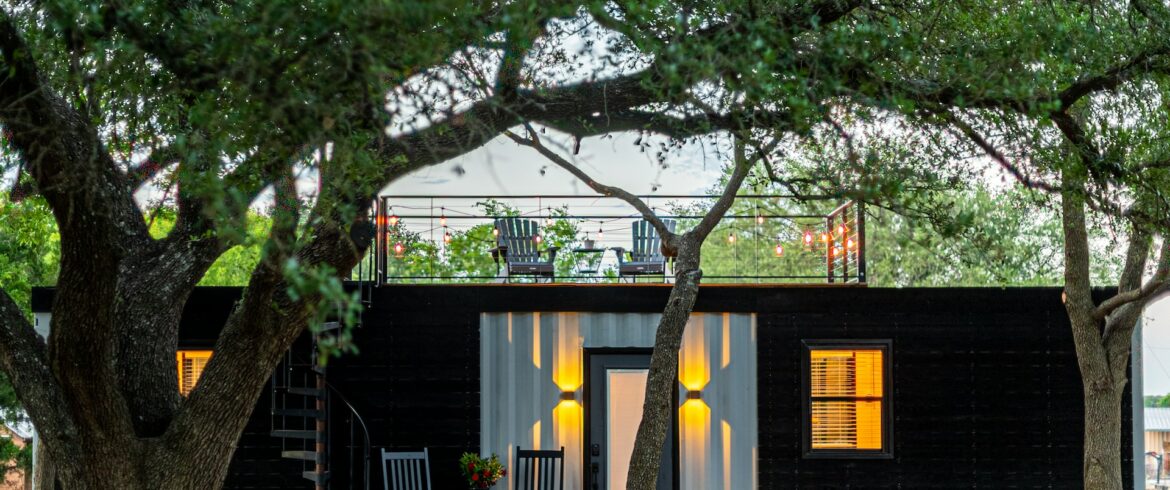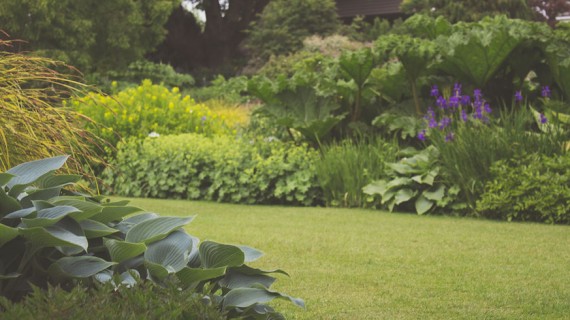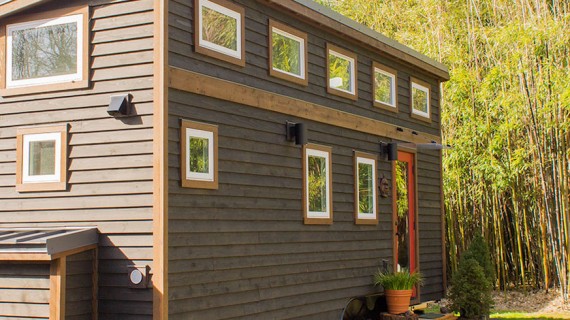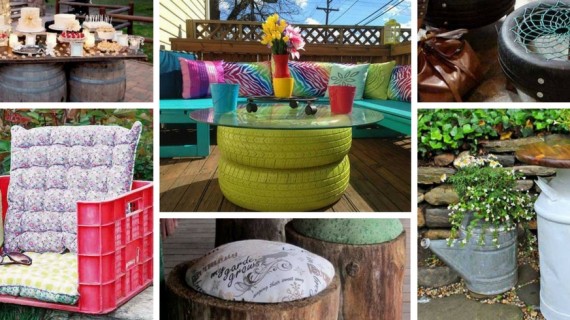In today’s gig economy, many people are looking for ways to earn extra income. And, in a time when it’s never been easier to connect consumers and businesses, many of us have opportunities for extra income staring us in the face. In this instance, it can be space in our garden. This article looks at some things to consider when starting your own BnB business from your home.
Planning and Research
Assess the Space
Before leaping into action, evaluate the existing space. Consider the size of your garden area, its layout, and the amenities you can provide. Will you offer a cosy cabin or a luxurious suite? The more accurate your understanding of the available space, the better you can plan for costs and strategy. In other words, if it’s a small and awkwardly non-private bit of space, you may want to keep costs low with a budget BnB.
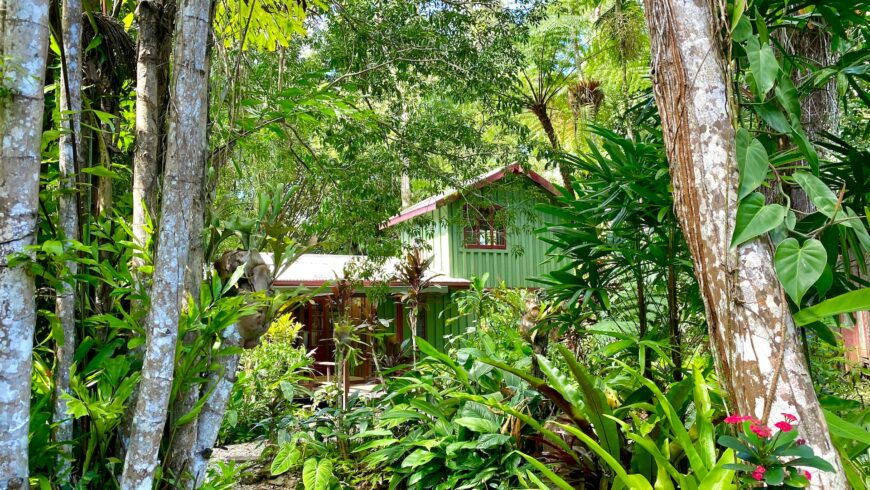
Regulatory Check
Ensuring your venture complies with local laws is crucial. Research local regulations concerning short-term rentals, and secure any necessary permits if you’re building.
Budgeting and Finance
Cost-Benefit Analysis
Perform a thorough analysis to understand the financial viability of your project. Factor in costs for construction, utilities, maintenance, and marketing. The aim is to ensure that the revenue generated justifies the investment.
Diverse Income Streams
Relying solely on accommodation fees could be missing a trick. Consider other ways to upsell your visitors, such as offering eco-tours, cooking classes, dining, or adventure activities. This can be an effective way to increase the money you make per booking.
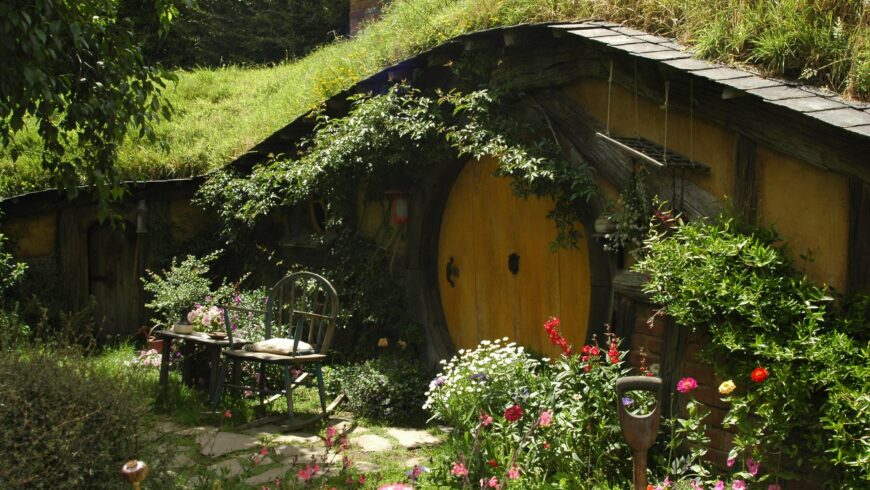
Construction and Set-Up
Start Small
It’s easier to manage problems on a smaller scale, particularly when it comes to regulations. A summer house, for example, is much easier to plan for and administer than building certain other structures. If you have space for multiple, it’s still best to begin with one.
DIY vs Professional Help
Doing it yourself could save money, but professional help ensures quality and adherence to building standards. A summerhouse with side shed may sound complex, but these purpose built ones are easier to assemble than designing one from scratch.
Private Entrance
Consider having a private entrance where possible. At the very least, access into the garden via a gate as opposed to walking through your home will be preferred by both parties.
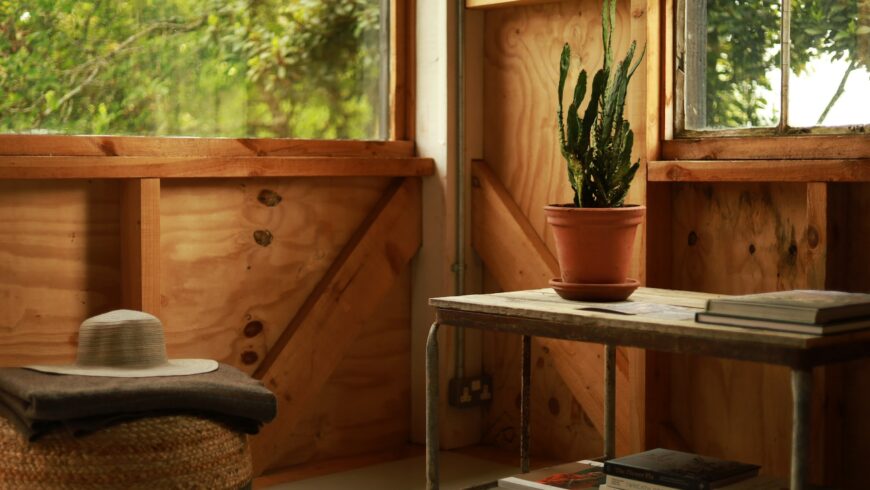
Operations and Marketing
Managing bookings manually can be taxing. Online booking platforms can automate this process for you. The easier it is for guests to book, the more likely they are to do so.
Your online presence is paramount too. Use social media platforms to showcase your BnB and encourage satisfied guests to leave reviews. Take great pictures and use positive reviews to boost your credibility.
Continuous Improvement
Feedback Loop
Always ask for feedback from your guests to understand what you’re doing right and what needs improvement. The market is dynamic, and you need to adapt to maintain your competitive edge.
Seasonal Adaptations
Your backyard may not be a year-round haven. Think about how to adapt your offerings for different seasons. Perhaps a firepit in winter or an outdoor cinema during summer can make your BnB attractive all year long.
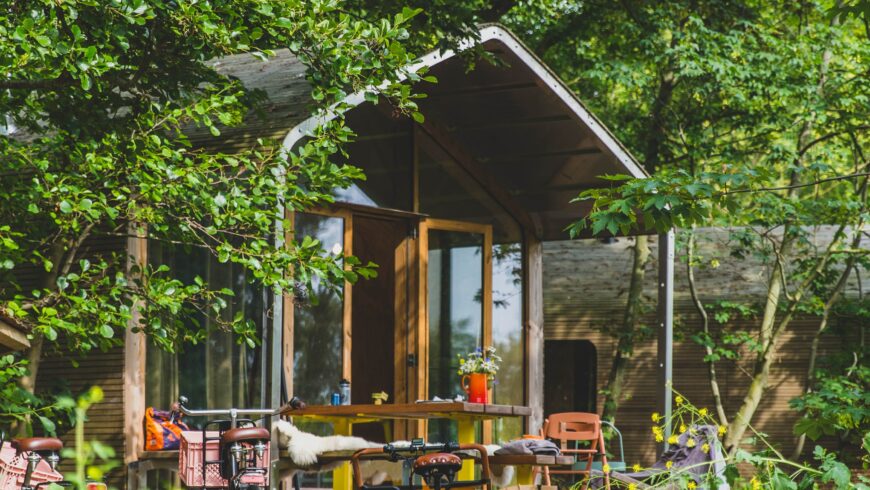
Conclusion
Transforming your backyard into a BnB is not just about creating a space; it’s about providing experiences that guests will embrace. With meticulous planning, sound financial strategies, and thoughtful design, it’s possible to turn your space into a place people are willing to pay to use.
Cover image: photo by Jed Owen su Unsplash
